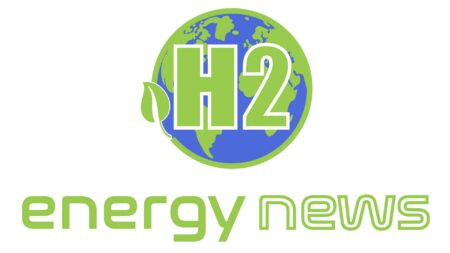It has been requested that the UK government make a strategic choice to support the integration of hydrogen into the petrol network by 2023.
Browsing: Report
Massachusetts utilities’ plans to blend low-carbon hydrogen into natural gas distribution networks to feed houses and other buildings have prompted a nationwide discussion over “green” hydrogen’s reliance on renewables and its impact on the electric grid.
The North and Baltic Seas would benefit greatly from an offshore hydrogen backbone, according to the “Specification of a European Offshore Hydrogen Backbone” study that infrastructure system operators GASCADE and Fluxys commissioned from DNV.
An infinite supply of this crucial fuel, green hydrogen may be produced directly from seawater by a number of research teams, decreasing the need for fresh water in the plants where it is produced.
Green hydrogen is the assurance that Germany and Europe will be able to maintain their position as global industrial and technology leaders while also meeting the climate targets for 2045–2050.
In 2023, the market for investments in hydrogen is expected to have a stunning growth.
Senators Chris Coons (D-Delaware) and John Cornyn (R-Texas) renewed their bipartisan Hydrogen Infrastructure Initiative, four legislation to promote hydrogen power in energy-intensive sectors. Cosponsors include Senators Ben Ray Luján (D-New Mexico), Bill Cassidy (R-Louisiana), John Hickenlooper (D-Colorado), Lisa Murkowski (R-Alaska), and Martin Heinrich.
KSOE remains interested in nuclear power. Small modular nuclear reactors, which might power isolated locations and reduce carbon emissions, are being developed for power barges.
In its study on hydrogen and carbon capture in Scotland, the UK House of Commons Scottish Affairs Committee finds that Scotland may hold the key to the widespread adoption of both technologies throughout the UK.
The steel and chemical sectors have called for the EU’s renewable energy standards to include nuclear-made fuels because all types of clean hydrogen are needed to decarbonize.


